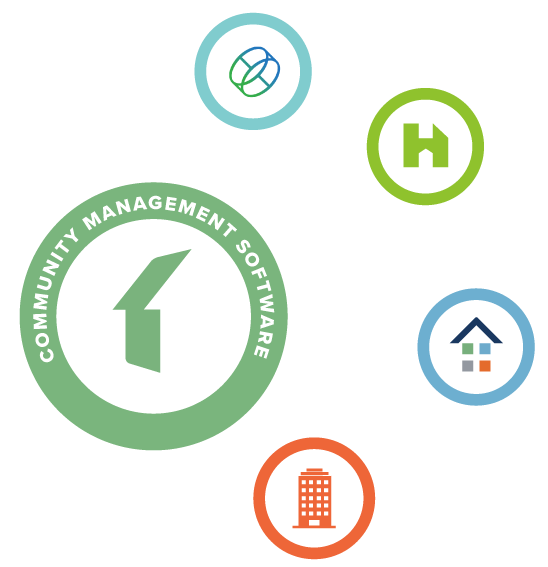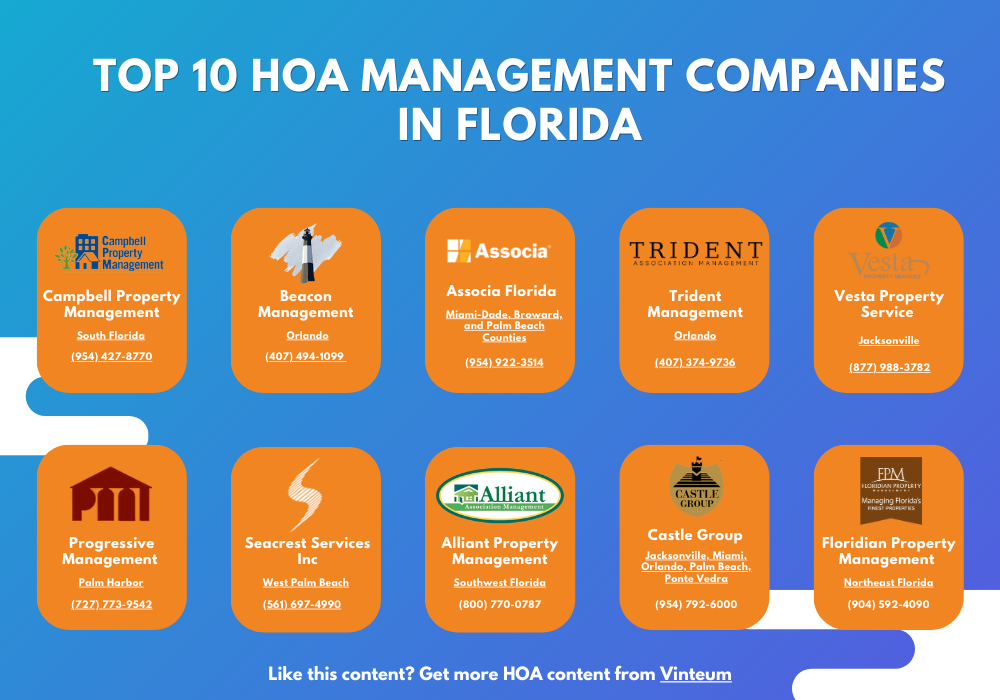Enhance Community Dealing With Committed HOA Management San Antonio
Enhance Community Dealing With Committed HOA Management San Antonio
Blog Article
From Financials to Maintenance: Grasping the Art of HOA Monitoring for Area Organizations
Managing a community association needs a delicate balance between financial obligations, efficient communication, and reliable upkeep procedures. From overseeing budgets and financial statements to collaborating maintenance tasks and enforcing rules and guidelines, HOA administration can be a complex art that demands a varied collection of skills. In this discussion, we will discover the different facets of HOA management, from the intricacies of economic monitoring to the value of preserving a well-functioning community. By delving into these essential areas, we intend to offer beneficial understandings and strategies for understanding the art of HOA administration, leaving you furnished with the understanding and tools required to browse the challenges that may emerge within your community association.
Comprehending Financial Responsibilities
What are the crucial financial responsibilities that neighborhood organizations need to comprehend and take care of successfully? Neighborhood organizations play an important function in taking care of the funds of their areas. hoa management san antonio. To make sure the monetary well-being of the organization, numerous key obligations have to be understood and handled properly
First and foremost, neighborhood organizations should develop and maintain a detailed spending plan. This involves properly estimating expenses and income resources, such as month-to-month charges, unique analyses, and rental income. A well-planned budget enables associations to assign funds for essential expenses, such as repair and maintenance, insurance policy costs, and book funds for future capital projects.
Another important monetary duty is the collection of fees and analyses. Neighborhood organizations need to ensure timely and efficient collection of these costs to cover functional costs and preserve the monetary stability of the organization. This consists of applying a clear and clear repayment policy, attending to delinquencies promptly, and enforcing any type of needed lawsuits.
Additionally, area organizations need to keep precise monetary records and prepare normal monetary declarations. These statements offer a clear photo of the association's economic wellness, consisting of earnings, costs, and books. Regular economic reporting allows board participants and property owners to track the organization's monetary performance and make notified decisions regarding budgeting and investing.
Finally, area organizations need to follow all suitable monetary regulations and tax obligation requirements. This includes declaring tax obligation returns, keeping appropriate documentation, and sticking to any type of lawful responsibilities associated with financial monitoring.
Efficient Interaction and Collaboration
Reliable communication and collaboration are important for effective HOA management and cultivating a cohesive neighborhood. Area organizations rely upon reliable communication to distribute vital information, address problems, and guarantee transparency. A clear and constant line of interaction between the HOA board, residents, and residential or commercial property monitoring is essential for a well-functioning neighborhood.
One means to promote effective communication is through regular newsletters or e-mails that give updates on neighborhood occasions, tasks, and important statements. This enables homeowners to remain informed and participated in the neighborhood. Furthermore, developing open lines of interaction via area forums or city center meetings can offer a platform for locals to articulate their opinions, ask questions, and add to decision-making processes.
Collaboration is equally vital in HOA monitoring. Urging cooperation amongst board participants, boards, and residents fosters a sense of possession and shared duty. By entailing citizens in the decision-making process and actively seeking their input, the community association can develop an extra comprehensive and harmonious setting.
To promote reliable partnership, HOA management ought to establish clear objectives and purposes, delegate obligations, and encourage synergy. Regular meetings, both casual and official, supply an opportunity for stakeholders to discuss ideas, address worries, and work in the direction of usual objectives. By cultivating a collective environment, neighborhood associations can harness the varied skills, expertise, and perspectives of their homeowners to drive positive adjustment and improve community living.
Simplifying Maintenance Procedures
Enhancing maintenance procedures is important for economical and efficient HOA administration. By implementing efficient strategies, neighborhood organizations can guarantee that upkeep tasks are executed smoothly and in a prompt manner, lessening disruptions and making the most of resident satisfaction.

In enhancement, making use of innovation can substantially improve upkeep operations. Carrying out a digital maintenance administration system (CMMS) permits organizations to track job orders, schedule precautionary upkeep, and keep an organized record More Bonuses of upkeep tasks. This not just improves effectiveness however additionally offers a clear and answerable system for both citizens and monitoring.
In addition, outsourcing specific maintenance tasks can likewise enhance procedures. By hiring specialized service providers for jobs such as swimming pool upkeep or landscape design, organizations can make certain that these tasks are managed by experts with the needed competence, releasing up inner sources to concentrate on various other facets of HOA monitoring.
Focusing On Regulations and Rules
To make certain organized and reliable area living, focusing on and implementing guidelines and policies read is crucial for reliable HOA monitoring. hoa management san antonio. Neighborhood associations rely upon a set of standards to safeguard and maintain an unified setting residential or commercial property values. By plainly defining and prioritizing regulations and rules, HOA monitoring can make sure that citizens comprehend their responsibilities and expectations
One of the very first steps in focusing on regulations and regulations is to determine those that are essential for the area's wellness. This might include performing a thorough testimonial of the existing guidelines and laws and recognizing any type of voids or areas that require enhancement. It is critical to include neighborhood participants in this process to guarantee their buy-in and to address any type of issues or suggestions they might have.
When one of the most important guidelines and laws have been determined, HOA management must ensure that they are properly communicated to citizens. This can be done via various means, such as e-newsletters, e-mails, area meetings, and publishing notifications in usual areas. Consistent and clear communication is crucial to ensure that locals understand the regulations and policies and understand the consequences of non-compliance.
Enforcement of guidelines and policies is equally essential in preserving a well-functioning neighborhood. HOA administration need to develop a constant and fair enforcement process, which may internet include warnings, fines, and various other proper procedures. hoa management san antonio. It is necessary to strike an equilibrium in between implementing the guidelines and policies and preserving positive connections with residents
Navigating Legal and Compliance Issues
Navigating lawful and conformity problems is critical for HOA monitoring to make sure adherence to legislations and guidelines. Community organizations need to operate within the bounds of the law to maintain the trust and self-confidence of stakeholders and house owners. Failure to abide by legal requirements can result in lawful conflicts, fines, and damages to the association's reputation.
To browse these issues properly, HOA monitoring must stay upgraded on government, state, and neighborhood legislations that control neighborhood associations. This consists of understanding regulations pertaining to fair real estate, building, taxation, and work management. Compliance with these legislations entails executing plans and procedures that secure the civil liberties of property owners and make certain transparency in monetary and operational issues.
In enhancement to lawful responsibilities, HOA monitoring should additionally abide by the association's controling documents, such as the laws, restrictions, conditions, and agreements (CC&R s) These papers detail the regulations and policies that control the area and might include stipulations regarding property upkeep, architectural standards, and disagreement resolution procedures.

Conclusion
In conclusion, grasping the art of HOA administration for community organizations calls for a thorough understanding of economic responsibilities, reliable interaction and collaboration, improving maintenance operations, prioritizing rules and policies, and navigating lawful and compliance issues. By successfully implementing these strategies, community organizations can ensure the smooth performance and total health of their areas.
By delving into these key locations, we intend to supply important insights and techniques for mastering the art of HOA monitoring, leaving you outfitted with the understanding and tools needed to browse the difficulties that may arise within your area organization.
Neighborhood organizations play an important duty in handling the finances of their neighborhoods. Community organizations must make certain effective and prompt collection of these charges to cover functional expenses and keep the financial security of the association. By cultivating a collaborative setting, community associations can harness the varied skills, knowledge, and viewpoints of their locals to drive favorable adjustment and enhance neighborhood living.
To browse these issues effectively, HOA management need to stay updated on government, state, and neighborhood laws that regulate area associations.
Report this page